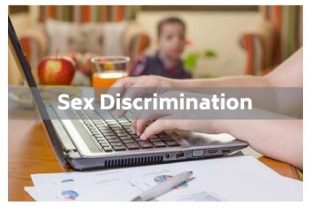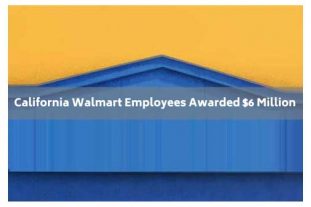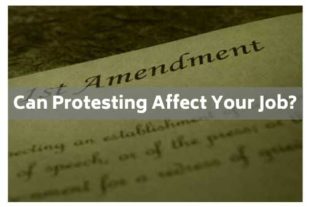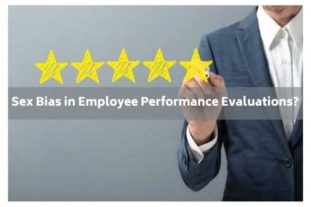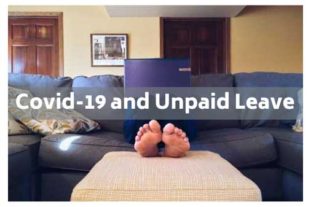 Wrongful death lawsuit filed against Safeway. Pedro Zuniga was one of 51 employees who contracted COVID-19 while working in a Tracy, California Safeway warehouse in April 2020. After over two decades of employment there, he succumbed to complications of the disease on April 13. He was just 52 years old. His widow has filed a wrongful death lawsuit against Safeway, alleging that her husband would not have died had the company adhered to federal and state safety guidelines and enacted common-sense policies. Instead, the suit claims, Safeway focused on company profits at the expense of employee safety and health.
Wrongful death lawsuit filed against Safeway. Pedro Zuniga was one of 51 employees who contracted COVID-19 while working in a Tracy, California Safeway warehouse in April 2020. After over two decades of employment there, he succumbed to complications of the disease on April 13. He was just 52 years old. His widow has filed a wrongful death lawsuit against Safeway, alleging that her husband would not have died had the company adhered to federal and state safety guidelines and enacted common-sense policies. Instead, the suit claims, Safeway focused on company profits at the expense of employee safety and health.
Precarious Conditions Alleged
According to the wrongful death lawsuit, warehouse employees were beginning to exhibit symptoms of COVID-19 in the spring of 2020. Nonetheless, the company did nothing to address the situation:
- No personal protective equipment was issued to employees;
- Signage in the warehouse actually discouraged the wearing of PPE in March;
- Social distancing was never attempted and workers were obligated to work in close contact with one another;
- Employees were “deterred” by managers from calling in sick;
- Workers who experienced symptoms and expressed concerns about working were threatened with the loss of “points,” which could ultimately result in termination.
In fact, the company made efforts to conceal the warehouse outbreak, which affected at least 3% of the 1,700 employees.
Zuniga’s Situation
Mr. Zuniga tested positive for coronavirus on April 1, and was hospitalized shortly thereafter with pneumonia, a serious cough, fever, and trembling. In a matter of hours, he was put into an induced coma in the ICU, only to die days later of cardiopulmonary arrest and respiratory failure.
Safeway Wakes Up
After Zuniga perished, Safeway apparently woke up to the seriousness of the situation and began to enact appropriate protective measures at the warehouse. Employees began to have their temperatures checked prior to entering the warehouse in Tracy in an attempt to prevent symptomatic employees from spreading the disease. While it is a step in the right direction for current employees, the change in approach does nothing for Zuniga and his widow, children, and grandchildren.
CDC Guidelines
The Centers for Disease Control have a number of guidelines for the workplace, including making workplace hazard assessments, conducting health evaluations on a daily basis, encouraging mask wearing, improving ventilation systems, and implementing social distancing protocols. Furthermore, disinfection strategies should be employed in common areas, and employees should be reminded of appropriate hygiene practices. Essentially, workers who feel ill should stay home. [Read more…]

